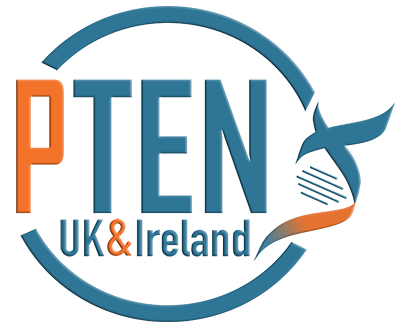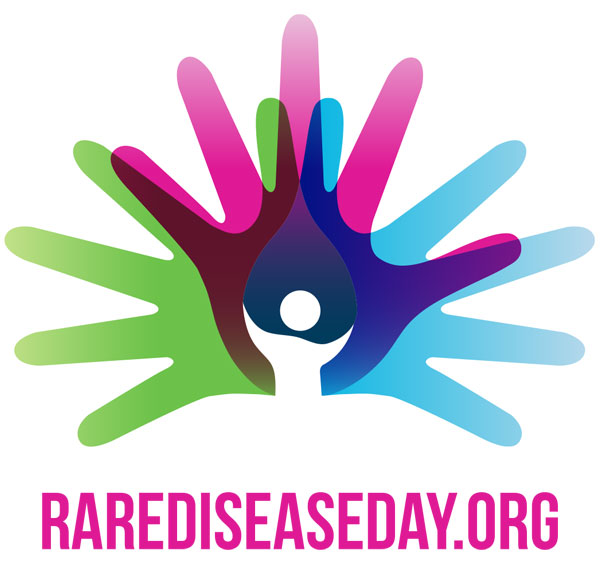PTENUKI: making connections
First established in 2016, PTENUKI is making great strides to help patients and carers affected by PTEN. Now with a network of over 200 members, a significant proportion of the estimated 300 PTEN patients in the UK, PTENUKI is proud to announce its new Buddy Scheme.
The Buddy Scheme will match up fellow charity members, who will be able to meet up, offer support and general friendship. PTENUKI is one of the first Rare Disease charities in the UK and Ireland to launch an official buddy scheme, and it is hoped that the scheme will help PTENUKI to grow even further.
Ian Stock, charity chairman and founder says ‘I am extremely proud of the difference PTENUKI charity has made to people already and it is really important on this Rare Disease Day we ensure that we spread the word to ensure we can reach other people affected by PTEN’.
PTENUKI: sharing experience
In its first two years, a major achievement for PTENUKI includes running three highly successful patient days in London. These were organised by patients, for patients, with up to 100 people in attendance each time. The patient days are a brilliant opportunity for patients, families, clinicians and professionals to come together and prioritise what needs to be done to help everyone living with and working on PTEN.
Dr Katherine Lachlan, Genetic specialist at Southampton hospital has said ‘I have been involved with PTENUKI from the beginning and what they have achieved as a patient group is nothing like I have seen before! Their strategic approach to working with clinicians and professionals, whilst still focusing on the patients’ needs, is extremely effective for all involved.
PTENUKI: by families for families
PTENUKI was founded by Ian Stock, whose daughter was diagnosed with PTEN in 2015.
‘When our daughter was diagnosed, we had never heard of PTEN before’ says Ian. ‘It was difficult to find any information and we didn’t know anyone else who had the condition. I decided to set up PTENUKI to provide hope, positivity and support for people affected by PTEN. Access to accurate information and the opportunity to meet other patients and families is so important and fundamental to improving people’s lives.’
The PTENUKI Board of Trustees is made up of individuals with PTEN, parents of children with the condition and doctors who treat patients with PTEN. It is a skills-based Board, bringing together individuals with professional experience in the charity sector, healthcare, research, events management and communications. This personal link to the condition means that the entire Board is highly motivated, which, combined with their credentials, is likely to be the secret to their success.

